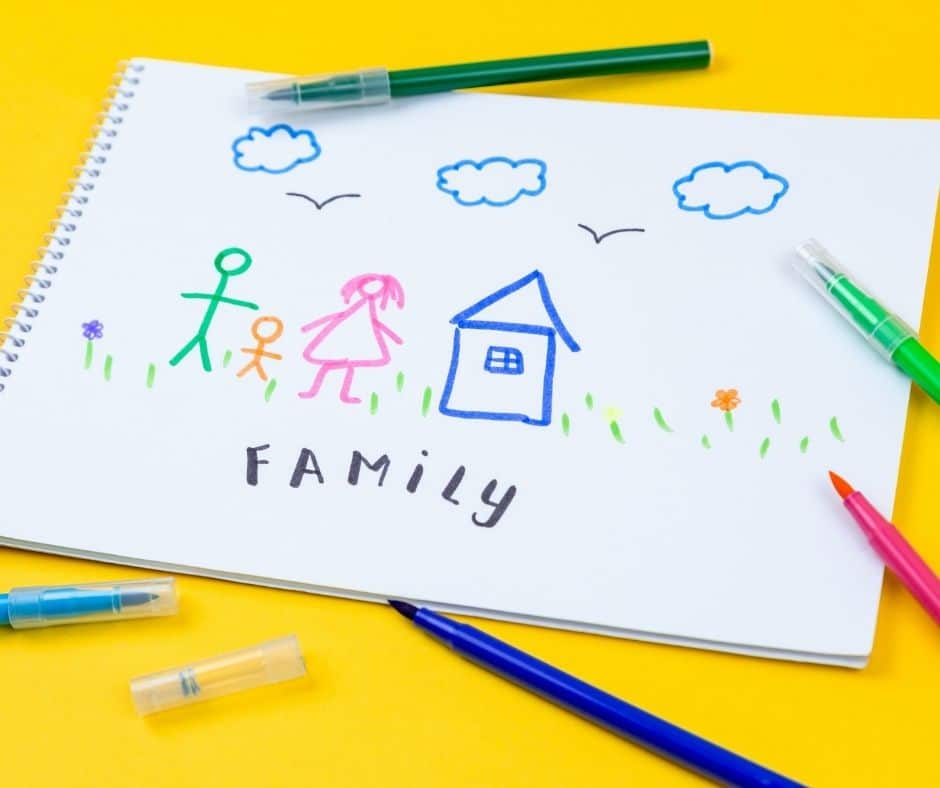
Parent involvement in early education plays a factor in setting your child up for academic success. As a parent, you may be asking yourself how to play a more prominent role in your child’s learning. Parents are a child’s very first teacher and can continue to provide learning opportunities. Some children may go to preschool while some stay home. Regardless of the situation, parents can educate their children to set them up for future achievements.
“Understanding the Power of Parent Involvement” by NAEYC shows what it takes to give a child the best educational experience. The article states that parents may lack confidence or not know how to get involved in their children’s education. Research shows starting parent involvement in preschool benefits children in many ways. Young children with active parents will have strong school readiness skills. Throughout their education, children have better attendance, behavior, and test scores.
Parents who do not send their children to preschool can still positively impact their child’s development and learning. The two-year educational enrichment program, HIPPY, Home Instruction for Parents of Preschool Youngsters, offers developmental and educational resources. HIPPY helps parents with limited resources form a bond with their young children, which will help when they enter school.
The Handbook for Involving Parents in Education shows the value of parent involvement at a young age. There are many ways parents can get involved, whether your child attends a learning facility or does not. Fostering learning should be an ongoing experience. If your child attends preschool, parents can continue teaching at home. Communicating with teachers, staff, and administrators will keep you informed to continue lessons before and after school. For children who do not attend preschool, parents have the dual role of caregiver and educator.
Here are some things you can do to get more involved in your children’s learning:
- Have Storytime: Reading aloud to your child will help develop vocabulary and cognitive skills. Stories before bedtime strengthen the child/parent bond and give something to look forward to each night.
- Fun Activities: Parents can find many activity guides or ideas to teach interactively. The Handbook of Learning Activities by Jane A. Caballero has over 125 fun projects covering different subjects.
- Find Opportunities: Think of daily routines as an opportunity to teach your children. For example, while grocery shopping and making a meal, parents can teach nutrition as children learn about food groups.
- Creativity Stations: Keep crayons, markers, paper, and paint on hand for your child to escape and use their imagination. Learning Through Art has many activities to foster your child’s creativity.
- Playing with Others: Having your child play and interact with other young children will help build their social and emotional skills. Children will be active and learn communication and respect, as well.
Through engaging and encouraging young children’s learning, parents can help their development. By teaching children as much as you can, you will help them possess strong school readiness skills. As children grow older, parents need to continue to stay involved in their education. Children’s needs change as they grow, but parents can continue to take active roles in schools and the community. Before you know it, they will be adults, so take every opportunity you can to play a part in their early learning. Our blog post Celebrating Parent Involvement in Schools offers other great tips.
